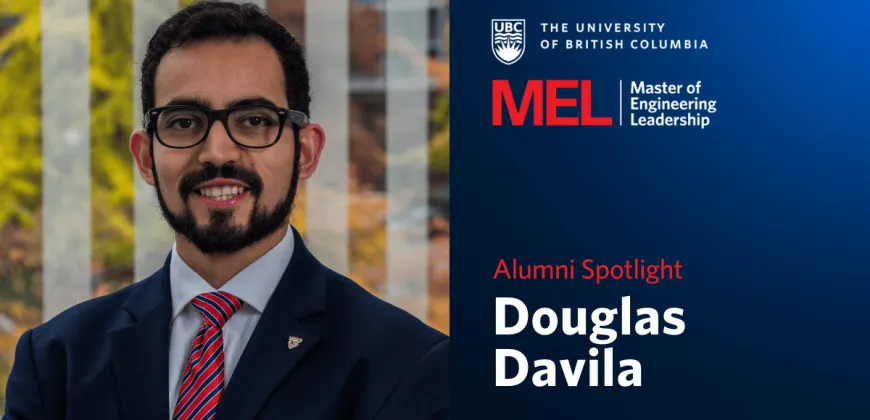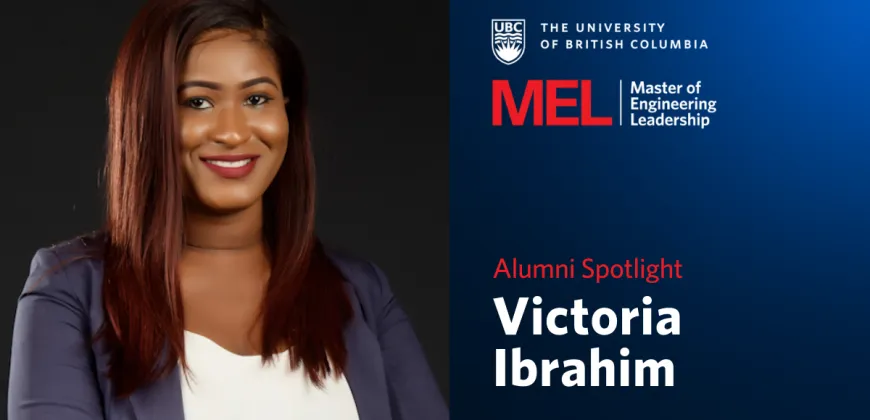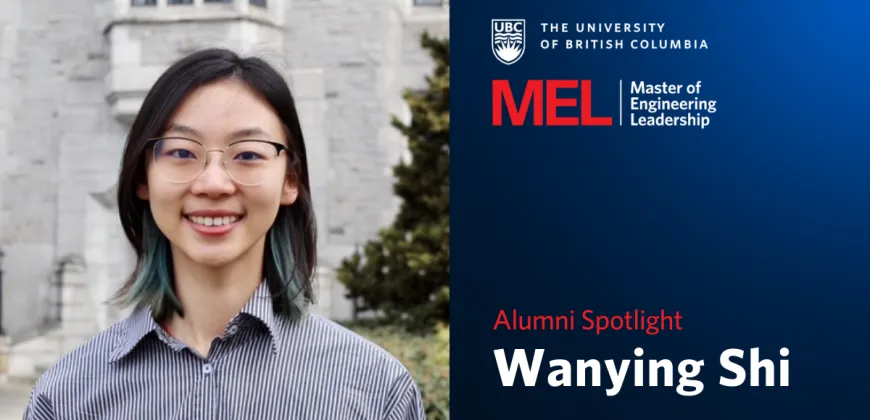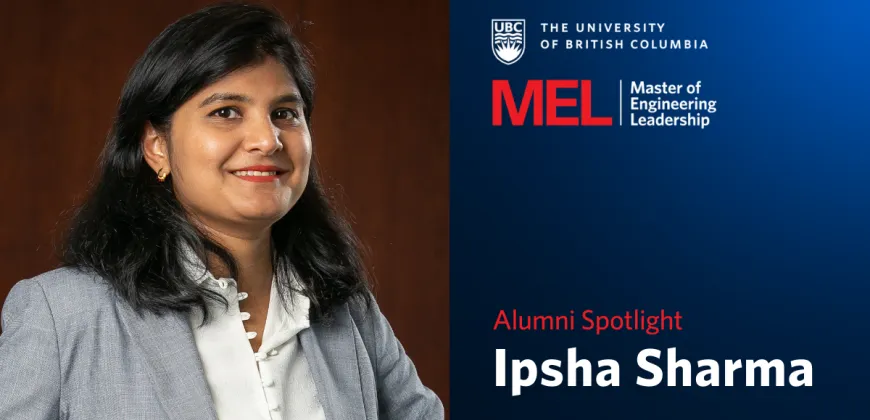Alumni Spotlight: Douglas Davila
The MEL in Clean Energy Engineering’s focus on the entire energy value chain – complemented by graduate-level management and leadership training – helped Douglas Davila land what he says is his “dream job” as an Energy Specialist at the Provincial Health Services Authority in Vancouver.

Douglas Davila worked for several years as a project engineer for PROA, a Guatemalan engineering company specializing in providing solutions for power plants and electrical substations. His expertise in control systems and automation enabled him to work at hydroelectric and biomass plants, as well as electrical substations, across Central America and into Mexico.
“I wanted to take my career to the next level, to be the person who is the asset manager for projects or oversees the business side,” he says.
“While an MBA is the go-to degree for many people in this position, I didn’t want to leave behind my skills in automation and engineering. I was looking for a program where I could gain more experience in renewables and on the energy demand side, while also building my business skills.”
UBC’s Master of Engineering Leadership (MEL) in Clean Energy Engineering offered a perfect combination, he says, by covering “both sides of the equation: business and technical.”
A holistic view of the energy value chain
“When you talk about energy, most people think about energy generation,” says Douglas. “What I liked about the MEL was that it takes a holistic view of the energy value chain – a from generation and storage through to management and policy. The courses were a good overview of each topic, leaving it up to you how specialized you wanted to go in each area.”
Students in the MEL in Clean Energy Engineering complete a capstone project, and Douglas worked with SES Consulting to conduct an informal measurement and verification of the heat recovery chiller on an office tower.
“I specifically chose this company as I wanted to build my experience of demand-side management,” he says. “It was a great experience and SES was amazing. I would advise other MEL students to think carefully about their capstone project as it’s an excellent opportunity to gain experience in an area you might want to pursue in the future.”
Douglas also found the business and management classes offered through UBC Sauder’s Robert H. Lee Graduate School to be relevant and valuable. He says that “sharing ideas about the future of sustainable practices” and collaborating on group projects with MEL and Master of Health Leadership and Policy students was a definite highlight. And he embraced the three-week boot camp in the summer as a fast-paced opportunity to learn a lot of business concepts in a short time.
“I don’t want to be an accountant, but I now better understand basic accounting terms, which will help me in future roles as I manage a wide range of people.”
The MEL also gave Douglas a taste of entrepreneurship. He and two other students – Warren Boyle and Derek Oppedisano – participated in the Lean Launchpad to develop a business case for their idea to develop plug-in solar energy panels. “We didn’t advance our idea, but we learned a lot about the concept and what it would take to make this a viable business.”
Applying his skills to a new area
The global COVID-19 pandemic that was declared in March 2020 made for a sluggish job market. However, by the end of the summer, Douglas’s patience and persistence paid off and he was hired into the position of Energy Specialist at the Provincial Health Services Authority. He’s now part of a team working on projects to improve the energy efficiency of hospitals and health centre facilities across the Lower Mainland.
Douglas coordinates the work of consultants and energy utilities like BC Hydro and FortisBC to explore options and implement initiatives to reduce energy consumption and greenhouse gas emissions. The role is very much focused on building relationships with stakeholders. “Every project is externally funded, so we are looking for sponsorships, pilot projects and government incentive programs to make it all work.”
He says the MEL provided a solid foundation for him to succeed within his role.
“I gained relevant experience on the energy demand side through my capstone project with SES – and the fact that this consulting company had worked with PHSA was helpful in my interview,” he says. “The Energy Policy course introduced me to the many stakeholders involved in the energy industry, as well as the role of government programs and incentives to reach sustainability goals. Finally, the Energy System Fundamentals course from the first semester gave me the thermodynamics knowledge I need within my role to assess thermal systems and retrofitting options.”
“This was the best year of my life so far,” he says. “I learned so much from my peers and my profs. I would highly recommend the MEL – it’s a very well-structured and balanced degree that drives you to become a better professional in your field. It’s so exciting for me to be working in a new area and applying my skills to make a difference in the health-care industry.”
–
Take the steps to join the next cohort of engineering leaders. If you haven’t already, assess your eligibility and sign up for the upcoming information session to learn how to submit a strong application. Learn more about this innovative master’s program:



